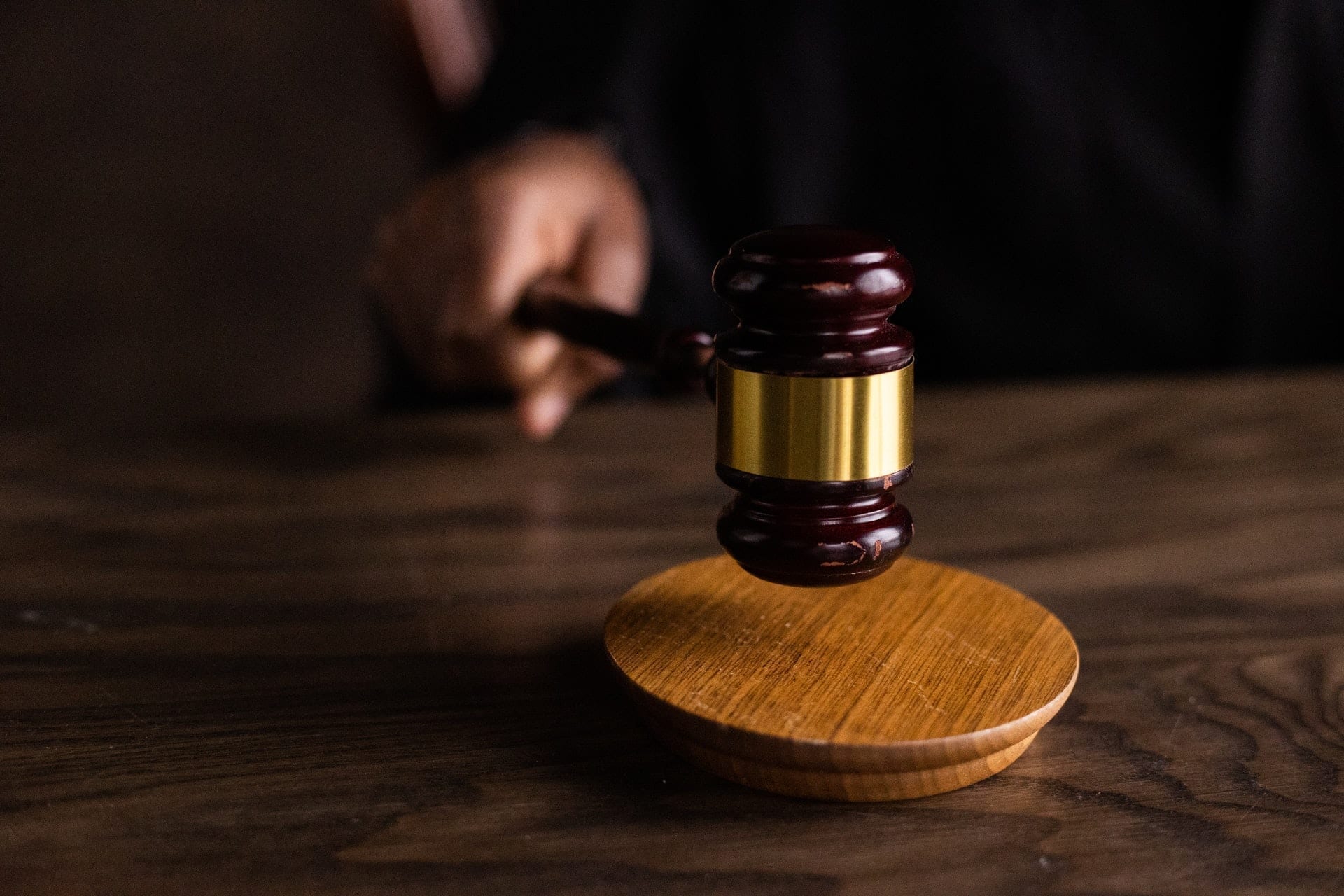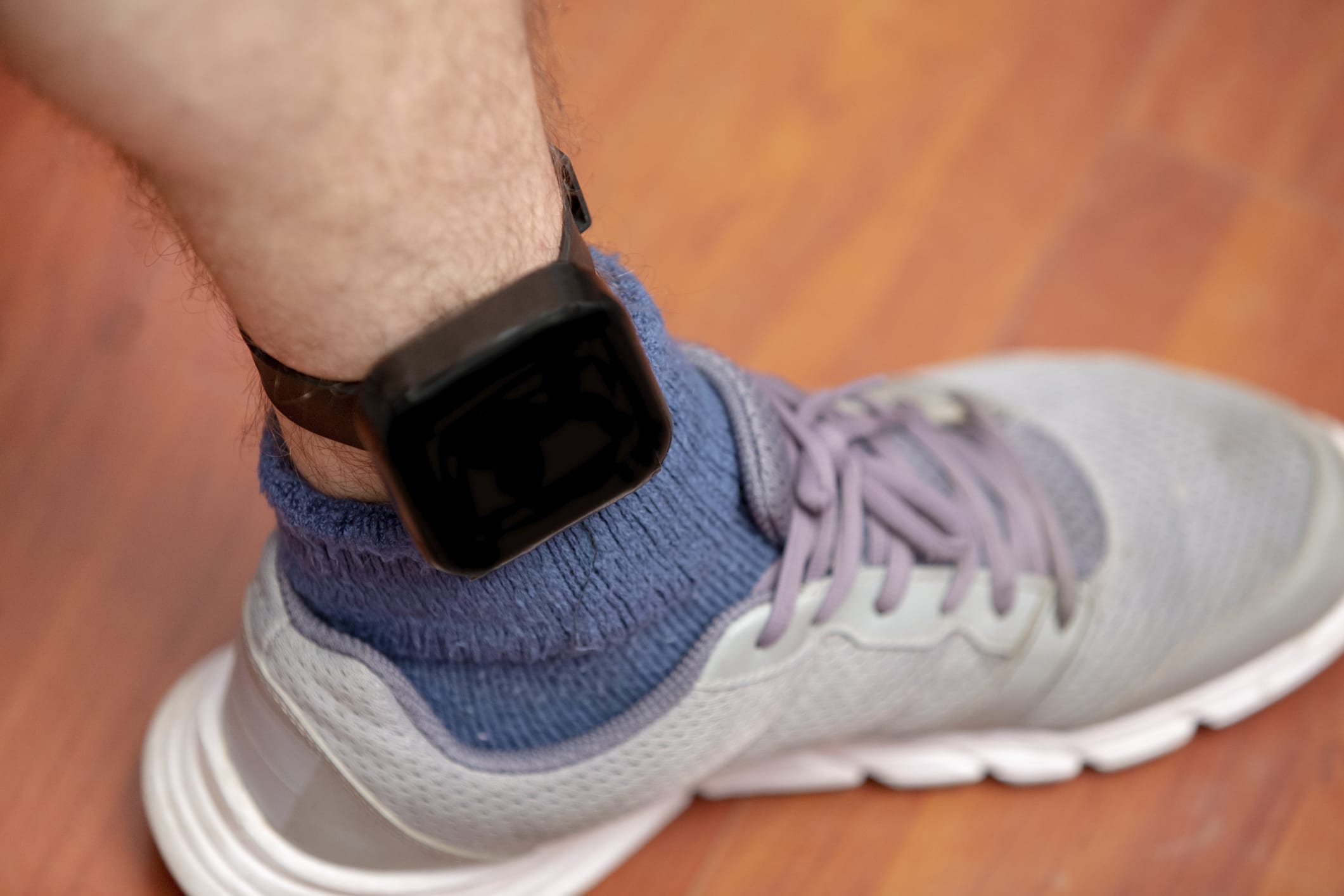Yes. You can challenge your conditions of release in court. But that doesn’t mean that your challenge will be successful.
How do you challenge your conditions of release?
You can challenge the conditions of your release at any time. Your first chance will be at your release hearing. Depending on where you are in custody, that could be a parole, probation or supervised release hearing.
If you think a certain condition are unfair, you have a chance to challenge them. Depending on where you are, you will have 30 to 60 days after your release to do sol. You must file your appeal with the court that has jurisdiction over your original case.
You can also make a written request to remove conditions. Each state has its own method for doing this. Typically, you will need to write to the agency that oversees you. That might be the parole board, a commission or the BOP.
Can your conditions of release change?
Yes. There are several reasons why your conditions could change.
- You successfully challenged your conditions of release. You could win a challenge in court. Or, your letter could sway the decision-makers. In those cases, your conditions could change.
- An authority decides to change them. The people in charge of your case may decide to change your conditions. For example, they could decide to increase the distance you’re allowed to travel.
- You violated your conditions. If you violate the conditions of your release, your conditions could change. Authorities may decide to add more conditions. They could also make your current ones more strict.

What happens if you violate your conditions of release?
Your conditions of release are similar to the rules in prison. If you are caught breaking them, you can be punished. Remember, you are still under the government’s authority when you are on parole, probation or supervised release.
If you violate the conditions of your release, there are a few things that might happen.
- Warning. If your violation is a small one, your supervisor may decide to handle it between the two of you. They may just issue you a verbal warning.
- Treatment. Your conditions may require that you avoid drugs or even alcohol. If you fail a drug or alcohol test, your supervisor may require that you enter a treatment program or extend the one you’re in.
- Hearing. If your violation was serious enough, your supervisor might request a hearing. This hearing is similar to a trial. Your supervisor will present the evidence they have. You will have a chance to tell your side. At the end of the hearing, authorities will make a decision on what to do. This could involve adding time or conditions to your release. It could also involve sending you back to prison.
The Takeaway:
You can challenge your conditions of release. Your first chance to do so is after your parole, probation or supervised release hearing. You can file an appeal after a decision in this hearing. But you can write a letter to request a change at any time. Your conditions may change during supervision. If you violate the conditions of your release, you can be punished.






